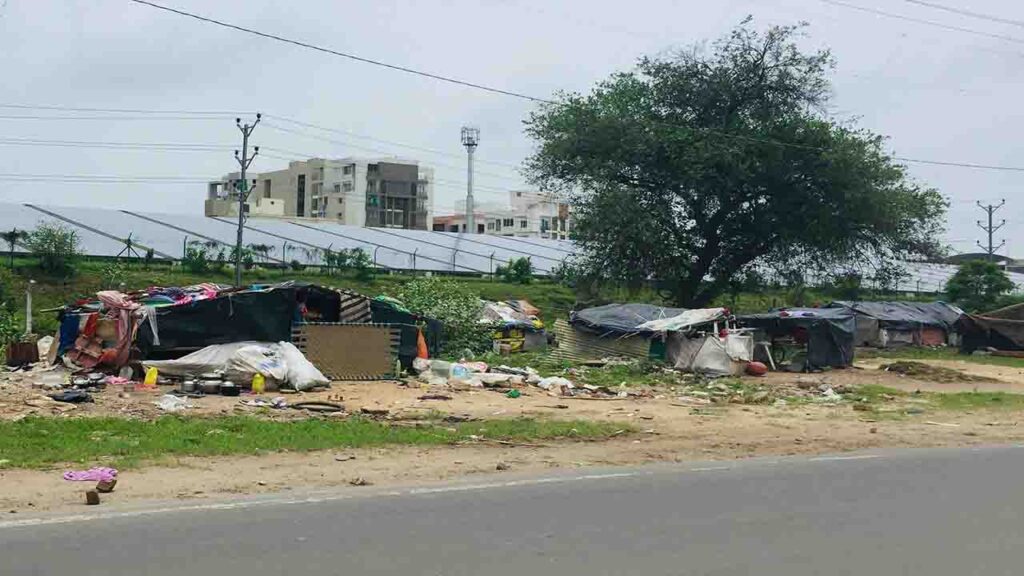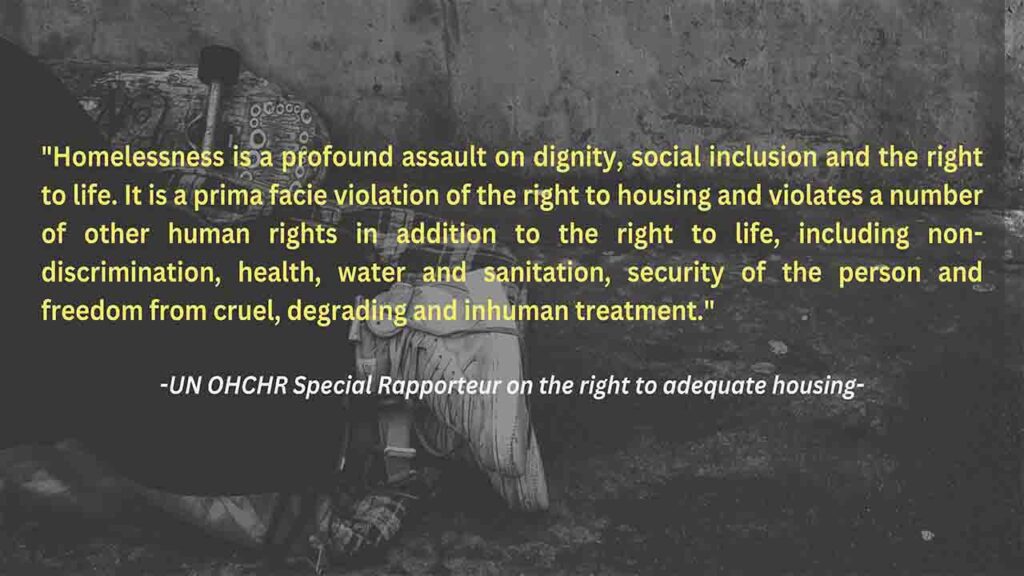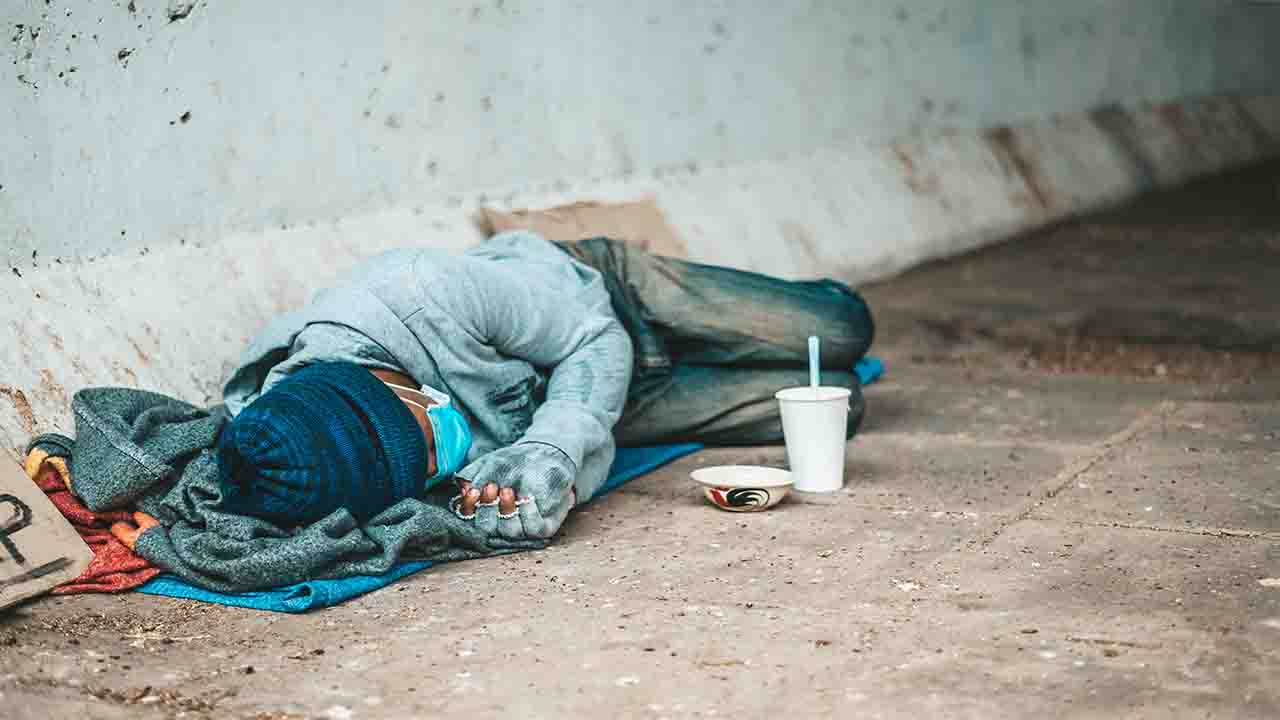Homelessness is increasingly recognized as a violation of human rights on a global scale. It is catastrophic, and isolating. Homelessness in the developing countries or the Global South is a complicated and diverse issue. It often stems from the failure of rural or urban livelihoods, as well as from inadequate social support or political action and inaction. Developing countries often face challenges in collecting comprehensive data on homelessness, resulting in limited or nonexistent information on this issue.
The socio-cultural context of a country significantly shapes the characteristics of homelessness, leading to differences both between countries and within different categories of homelessness. These characteristics often differ between the developing and developed worlds.
< Insert Picture 01 here >
Gender
Most surveys of homelessness in the developing world suggest that men make up the majority of homeless individuals. This may not be the case in common, as many enumerations use narrow definitions. For instance, focusing on street sleeping or pavement dwelling may tend to undercount women experiencing homelessness.

Age
The majority of the “street homeless” population in developing countries tends to fall within the adult age range, typically between 18 and 59 years old. However, child homelessness is also on the rise, and in many countries, it is not uncommon to find households with children living on the streets. This form of household “street homelessness” can persist for long periods, leading to the birth and upbringing of generations of children on the streets.
Drivers of homelessness
The drivers of homelessness are primarily structural rather than solely a result of individual choices. In developed countries, homelessness can often be attributed to factors such as unemployment, breakdown of family relationships, and cuts to the welfare system. In contrast, the drivers of homelessness in developing countries are typically more complex and varied.
Economy
Economy is a primary cause for the homelessness in developing countries due to poverty. Many individuals are driven by poverty to leave their rural homes, often initially as a temporary measure, in search of improved economic and social prospects in urban areas, where they may also send remittances back to their families.
Loss of home or displacement

Certain developing countries are disproportionately affected by environmental disasters and the impacts of climate change, leading to extensive destruction of homes and loss of life.While governments and aid agencies often mobilize during crises, those living in inadequate housing may sometimes fall through the cracks of emergency relief efforts.
Political and Legal Drivers
Homelessness is a deeply politicized issue in both developed and developing countries. The institutional and regulatory frameworks established by governments play a critical role in controlling access to land and providing housing, which can either support or impede the urban poor in their efforts to secure housing. Women and their children are particularly vulnerable to homelessness due to the failure of many governments to enforce human rights and land and property rights for women.
Social Drivers
A wave of social and demographic change has swept through the developing world in recent years, leading to shifts in family support networks. These changes have sometimes resulted in the alteration or complete breakdown of these networks, impacting the housing security of more vulnerable individuals. Basically, the increase of divorces, abandonment of women, reduction in the role of the extended family stands prominent among them.
In the developing world, policies and interventions aimed at addressing homelessness across all categories are largely ineffective in reducing numbers. First, the sheer scale of homelessness is so immense that the resources required to address it are beyond the capacity of many governments. The second reason interventions often fail is because they are primarily focused on providing formal housing, which reflects a lack of understanding of the needs and priorities of homeless individuals.
Homelessness in the Global South is a multifaceted issue deeply intertwined with economic, social, political, and environmental factors. Addressing homelessness requires holistic approaches that consider the complex interplay of these factors and prioritize the rights and dignity of individuals affected by homelessness. Only through concerted efforts and inclusive policies can we hope to alleviate the suffering of those without homes and create more equitable societies for all.








